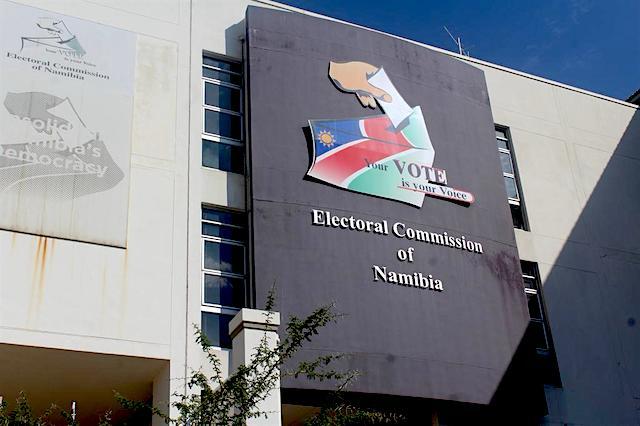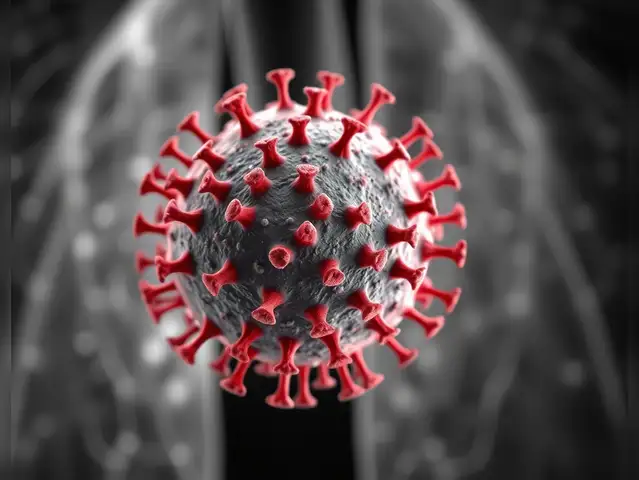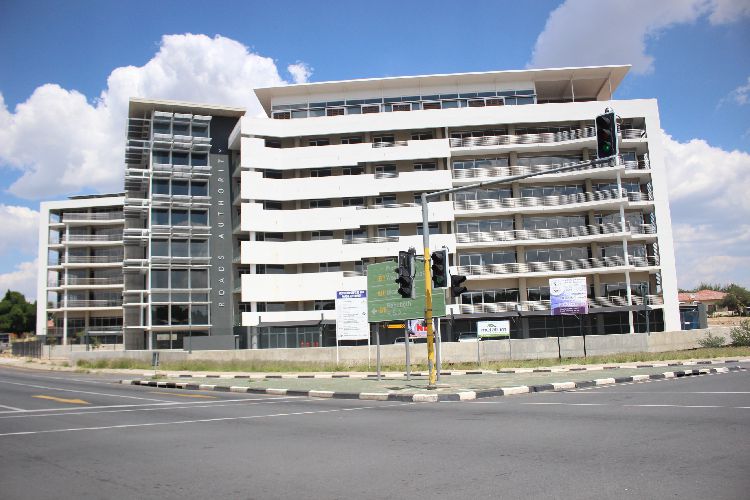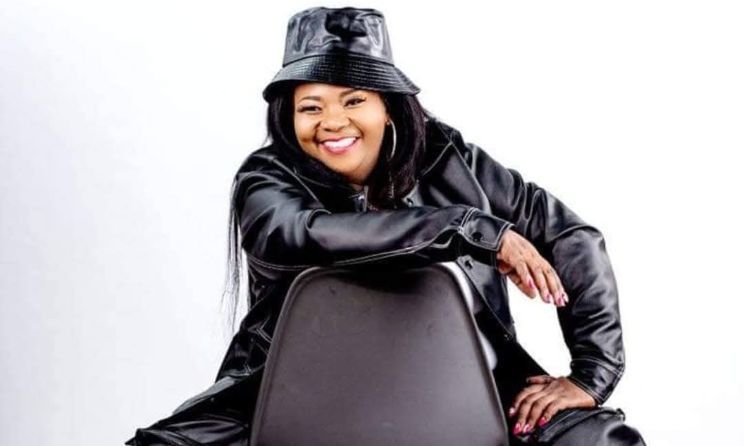Legal experts believe the court challenge of the 2024 presidential and National Assembly elections involves a strong case.
This is based on the legality of extending election dates beyond the initial voting day on 27 November.
Parties challenging the elections, including the Independent Patriots for Change (IPC) and the Landless People’s Movement (LPM), have begun submitting affidavits, while Swapo and president Nangolo Mbumba did the same.
“The challengers have merit on the issue of the extension. The president, in his affidavit, concedes that he acted on the recommendation of the Electoral Commission of Namibia (ECN), which itself claims to have sought advice from the attorney general and other counsel,” lawyer Werner Boesak says.
He argues that there is a conflict of interest around the ECN seeking advice from the attorney general, who is a presidential appointee and the government’s legal representative.
“There seems to be no legal authority granting either the president or the ECN the power to extend the election dates from 28 to 30 November,” Boesak says.
He also notes the selective reopening of polling stations during the extended voting period as a major flaw in the process.
Voting was extended to a select few polling stations in the Khomas, Oshikoto, Kunene and Oshana regions.
“The question remains why all polling stations were not reopened as they were on 27 November, instead of only selected stations,” Boesak says.
In his answering affidavit, Mbumba said he acted on the ECN’s recommendation and that his his decision was fully constitutional.
Legal Assistance Centre director Toni Hancox describes the elections as a sham, citing disenfranchisement and serious procedural flaws.
“Reopening parts of the country for continued voting while excluding others is completely unfair. There was no proper basis for it, and it didn’t comply with legal requirements, like the president declaring a public holiday for the voting day,” she says.
She says the initial voting day was disorganised, with some voters waiting for an extended number of hours before giving up on the exercise.
“Despite the funds already spent, I see no other option but to have a re-election, and it must strictly follow the Electoral Act,” Hancox says.
‘VOTES COMPROMISED’
Meanwhile, the IPC has rejected the notion that separating valid votes cast on 27 November 2024 from votes cast during voting extension days would change the election results.
In a signed answering affidavit on Monday, IPC general secretary Christine Aochamus told the High Court the party mostly agrees with arguments made by the LPM, which also challenge the election’s validity.
However, the IPC disagrees with the LPM’s suggestion that the results could still stand if valid votes cast on 27 November 2024 are separated from those cast during the extended voting period.
“The IPC says the 2024 voting was unconstitutional, unlawful and invalid, and the results of the election to be set aside, whether the results only apply to valid votes cast on 27 November 2024 or the tainted mixed vote. It would indeed be surprising were the opposing respondents to disagree with the IPC’s position in this regard,” Aochamus says.
The IPC also accuses the ECN and Mbumba of violating constitutional principles by unlawfully extending the voting period to address ballot shortages.
“Depending on the president, the ECN and Swapo’s responses, if any, to the LPM’s challenge, the IPC reserves the right to file a further replying affidavit to deal with new material raised by the opposing respondents.”
She says the respondents are faced with a dilemma.
“Either the voting on 27 November 2024 was regular and constitutional or it was not. The opposing respondents are invited to explain to this honourable Court their view on the validity of the voting that occurred on 27 November 2024 before the hearing of this application,” she says.
Aochamus agrees that the president’s extension proclamation was unlawful.
“As a consequence, all votes that were cast after 21h00 on 27 November 2024 were illegal, unconstitutional and invalid. The illegal votes poisoned or tainted any votes validly cast,” she says.
‘OASIS OF CONFUSION’
In a sworn statement filed at the Supreme Court on Thursday, Sophia Shaningwa slammed IPC’s claim that the presidential election and its outcome were “replete with grave illegalities of the worst kind”.
She states in her affidavit: “With respect, his statements are a perfect oasis of confusion, inconsistencies and an overdose of ambiguity. He cannot obtain an order on the basis of such statements.”
Stay informed with The Namibian – your source for credible journalism. Get in-depth reporting and opinions for
only N$85 a month. Invest in journalism, invest in democracy –
Subscribe Now!








